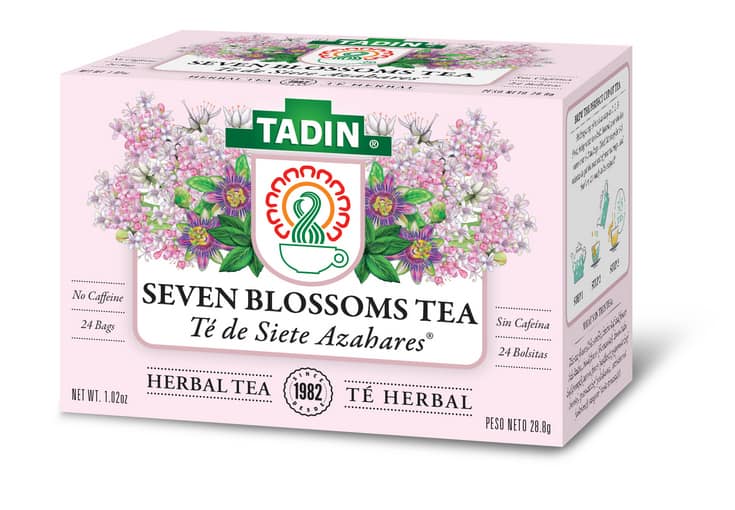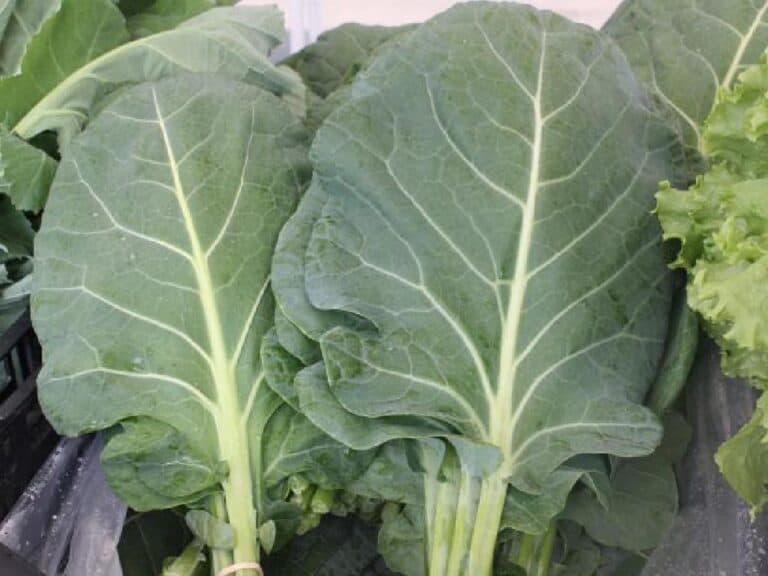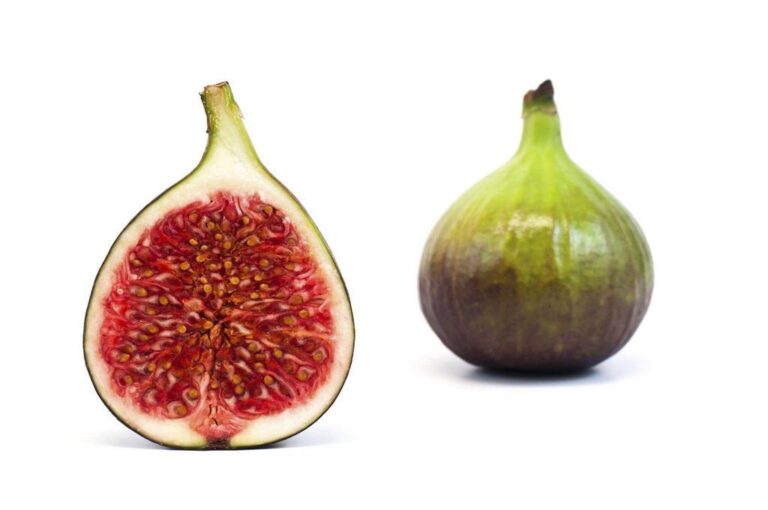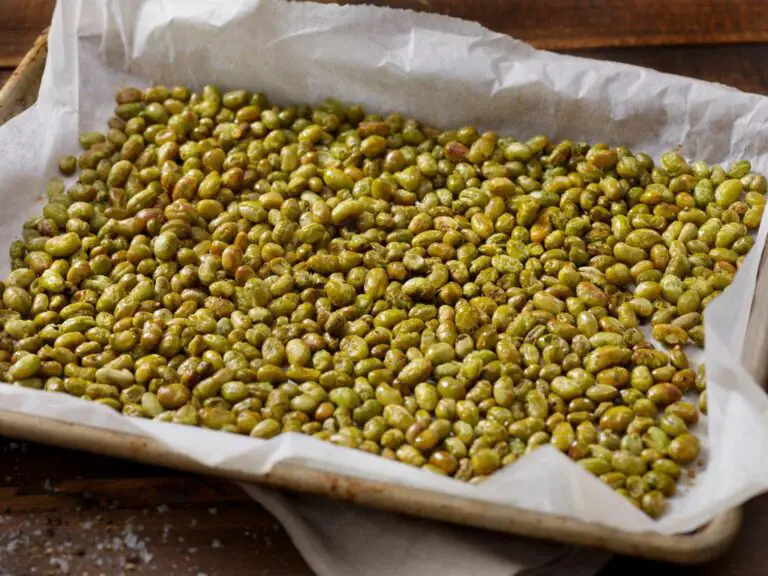Is Parsley a Good Substitute for Rosemary? Here’s What You Need to Know
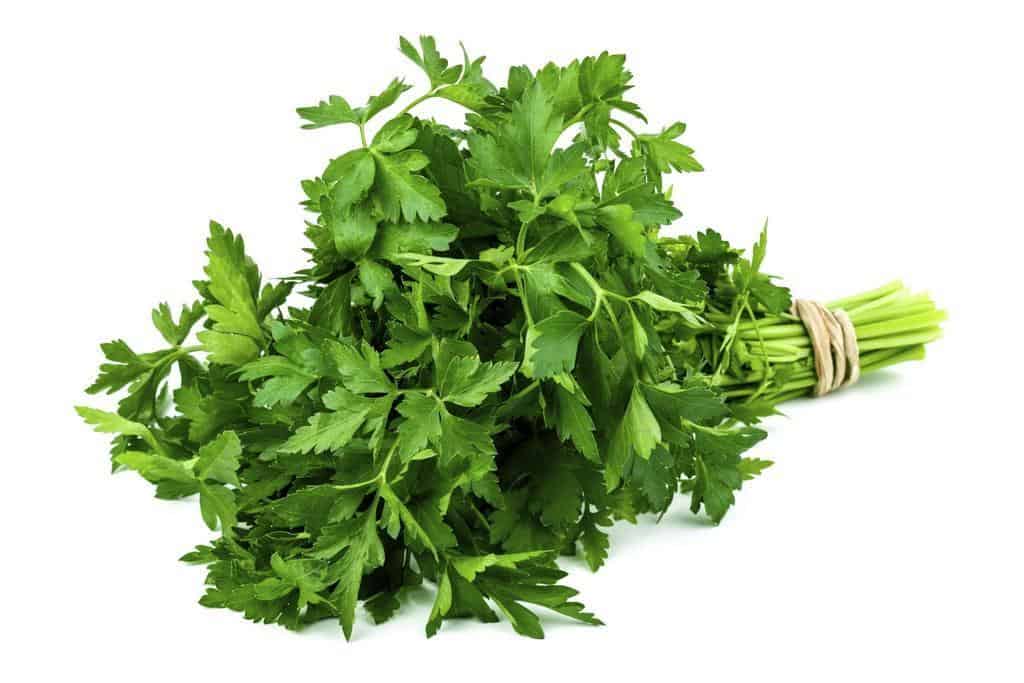
Let’s face it: cooking is full of experimentation. You find a recipe you want to try, and then—bam!—you realize you’re missing an ingredient. It happens to all of us. So, when I found myself without rosemary during a late-night cooking session, I stood there, staring at my spice rack, pondering: Is parsley a good substitute for rosemary?
I had some fresh parsley on hand, but I wasn’t sure if it could stand in for the robust and aromatic rosemary. It turns out, parsley isn’t the perfect replacement, but it’s good to know why—and what you could use instead.
Why Parsley Isn’t the Best Substitute for Rosemary
Parsley, in all its fresh, herbaceous glory, just doesn’t match the distinct flavor of rosemary. If you’re looking for a spice that will bring a bold, woody aroma with a touch of bitterness, parsley isn’t the herb to turn to. Rosemary has a very particular flavor profile—it’s pungent, a little sharp, and packed with earthy, piney notes that make it such a standout in Mediterranean dishes.
On the other hand, parsley is more subtle and fresh, with a light and slightly grassy taste that doesn’t quite replicate the intensity of rosemary. You might be able to get away with using parsley in some situations, like pairing it with fish, but if you’re cooking something that calls for that deep, aromatic punch of rosemary, parsley won’t quite hit the mark.
So, should you substitute parsley for rosemary? Not really, especially if you want that iconic flavor.
The Better Alternative: What Can You Use Instead of Rosemary?
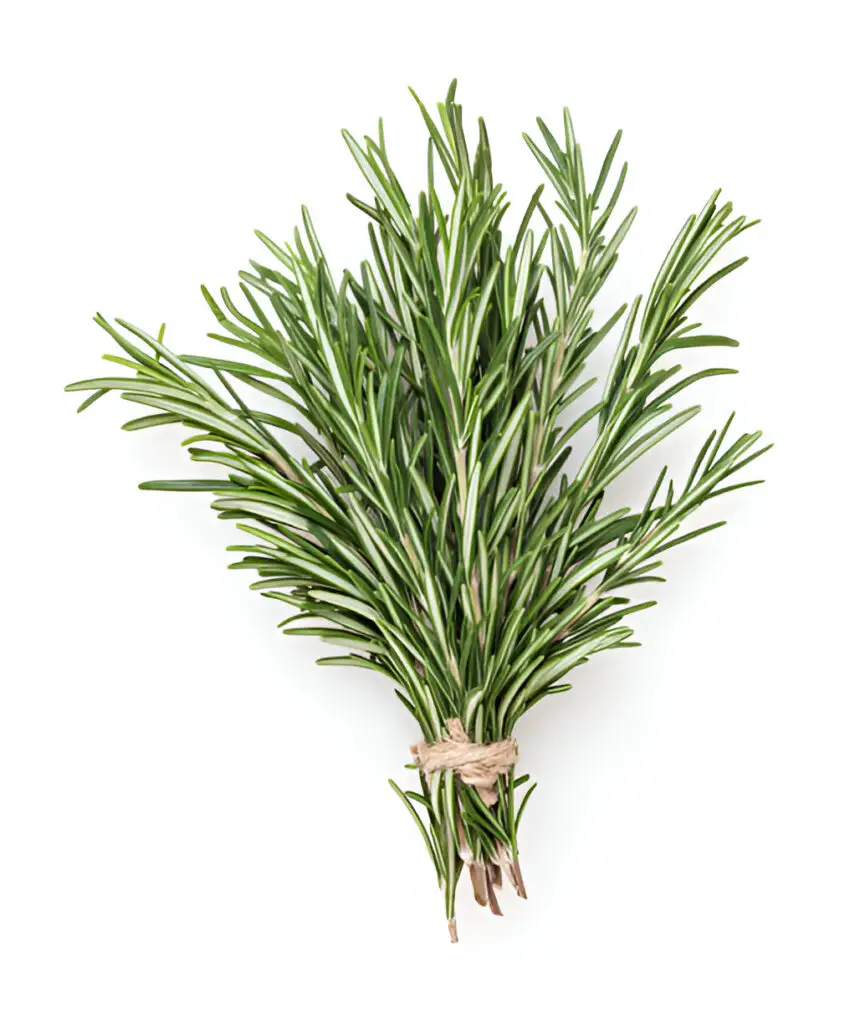
If parsley doesn’t quite fit the bill, don’t worry—there are better alternatives. If you’re out of rosemary and need a strong substitute, sage might be your new best friend. These two herbs come from the same plant family (Lamiaceae) and share similar aromatic compounds. The result? Sage offers a deep, earthy flavor with just the right amount of bitterness and woodiness to mimic rosemary’s profile.
Sage is fantastic in savory dishes—particularly when you’re cooking meats like pork, chicken, or lamb. Plus, it’s not just a flavor powerhouse. Sage also comes with some serious health perks. The antioxidants in sage are linked to liver protection and may even help protect against neurodegenerative diseases like Alzheimer’s. If you’re looking for something that packs a punch and comes with added benefits, sage is a great option.
Parsley: More Than Just a Garnish
Though parsley might not replace rosemary in your stew or roast, it’s an incredibly versatile herb with its own set of culinary virtues. In fact, I use parsley all the time—whether sprinkled over a fresh salad, tossed in a pasta, or mixed into soups. It’s one of those herbs that can add a fresh note to almost any savory dish.
Culinary Uses of Parsley:
- Parsley adds a vibrant pop of green to soups, stews, and meat dishes.
- You’ll find parsley in Mediterranean and Turkish cuisines, where it’s used in omelets, salads, and meat dishes.
- Italian dishes like Ossobuco alla Milanese often rely on parsley to bring freshness to the hearty flavors.
- In Mexico, parsley shows up in numerous sauces and dishes, providing a burst of brightness.
What makes parsley even more impressive is its bioactive compounds. These compounds have antioxidant and anti-inflammatory properties, meaning that parsley doesn’t just make your meals taste good—it could help keep your body in tip-top shape.
| Related: Can You Eat Parsley Stems? |
Rosemary’s Rich Flavor and Health Benefits
Now, let’s talk about rosemary. This herb is like a fine wine—it gets better with time and pairs beautifully with hearty, comforting foods. Known for its distinct piney aroma, rosemary shines in dishes that involve meats, especially pork, lamb, and chicken.
I’ve always loved it in roasted vegetables, and there’s just something about the fragrance it adds to a slow-cooked stew that feels so comforting.
But rosemary isn’t just about flavor—it’s also packed with health benefits. Rosemary has a number of bioactive molecules that support liver health, prevent cancer, and protect against diseases like Alzheimer’s. So, not only does it make your food taste amazing, but it can also offer some significant health advantages when incorporated into your diet.
A Simple Swap Might Not Always Work—But You Can Still Make It Work
So, if you’re in a pinch and wondering, “Can I just use parsley instead of rosemary?” the answer is no—not for all dishes. However, parsley still has its place in the kitchen as a fresh herb that can brighten up a wide range of recipes. If you need something that can stand in for rosemary’s unique, earthy flavor, sage is your best bet.
In the end, it’s all about balancing flavors and finding the right fit for your dish. And that’s the beauty of cooking—experimenting with ingredients, discovering new flavor profiles, and making something delicious, even if it’s not exactly what the recipe called for.
Health Benefits of Parsley and Rosemary
Both of these herbs are more than just flavor enhancers; they come with real health benefits. Rosemary’s anti-inflammatory and neuroprotective properties make it a great choice for anyone looking to boost brain health. Parsley, on the other hand, with its antioxidants, can help reduce the risk of cardiovascular disease and even cancer.
Whether you’re using them as ingredients or as medicinal herbs in your daily routine, parsley and rosemary pack a punch. So, the next time you find yourself standing in the kitchen, wondering if you should substitute one for the other, remember to consider the flavor and health benefits each herb brings to the table.
Conclusion: Finding the Right Herb for Your Dish
In conclusion, parsley isn’t the best substitute for rosemary, and vice versa. While they both bring something valuable to your kitchen, they serve different purposes. Rosemary’s bold, aromatic qualities are perfect for rich, savory dishes, while parsley shines in lighter, fresher foods.
If you’re looking for a more direct substitute for rosemary, sage should be your go-to. And remember, don’t be afraid to experiment with these herbs in your cooking. It’s about finding the balance that works for you and your taste buds!


